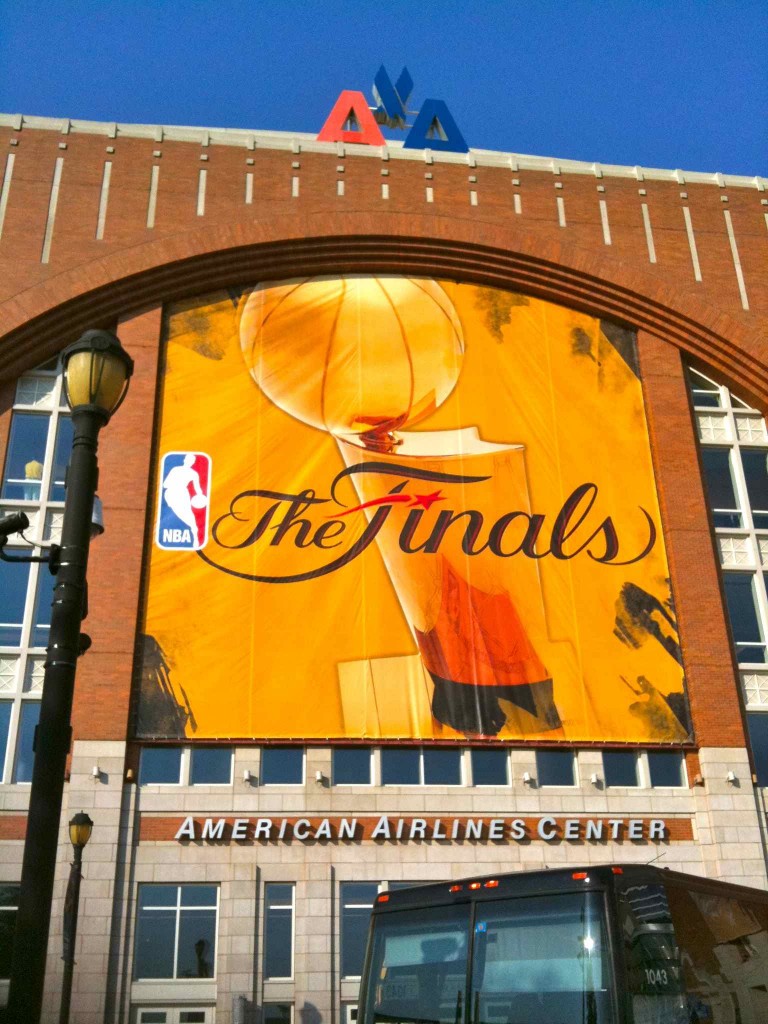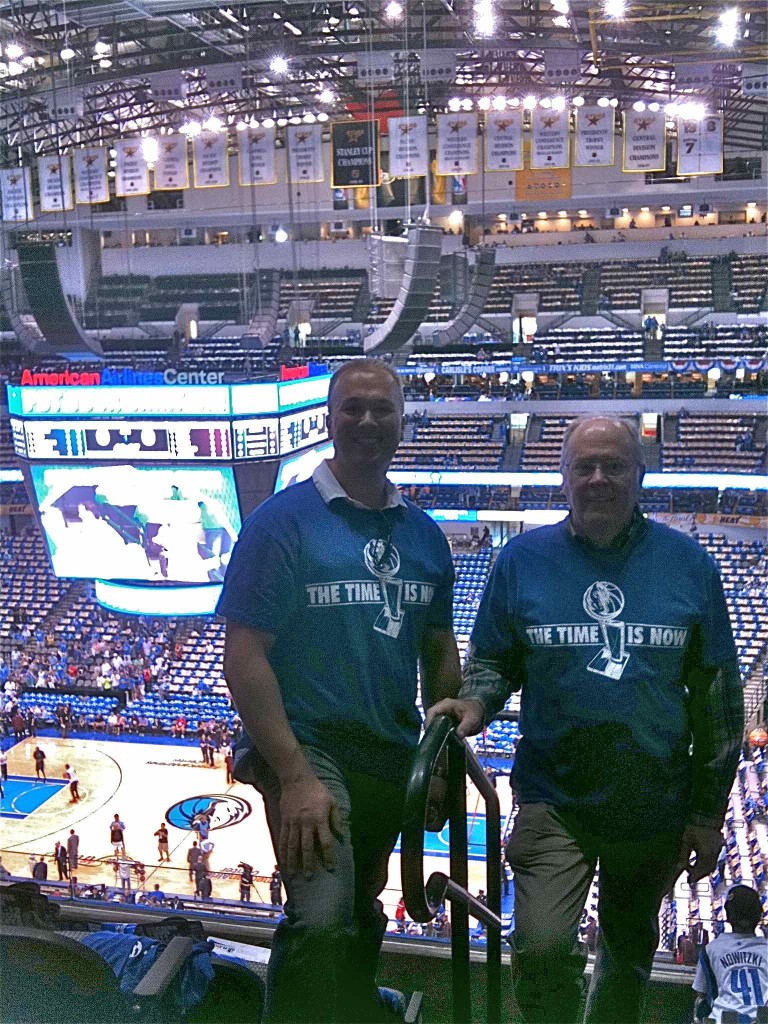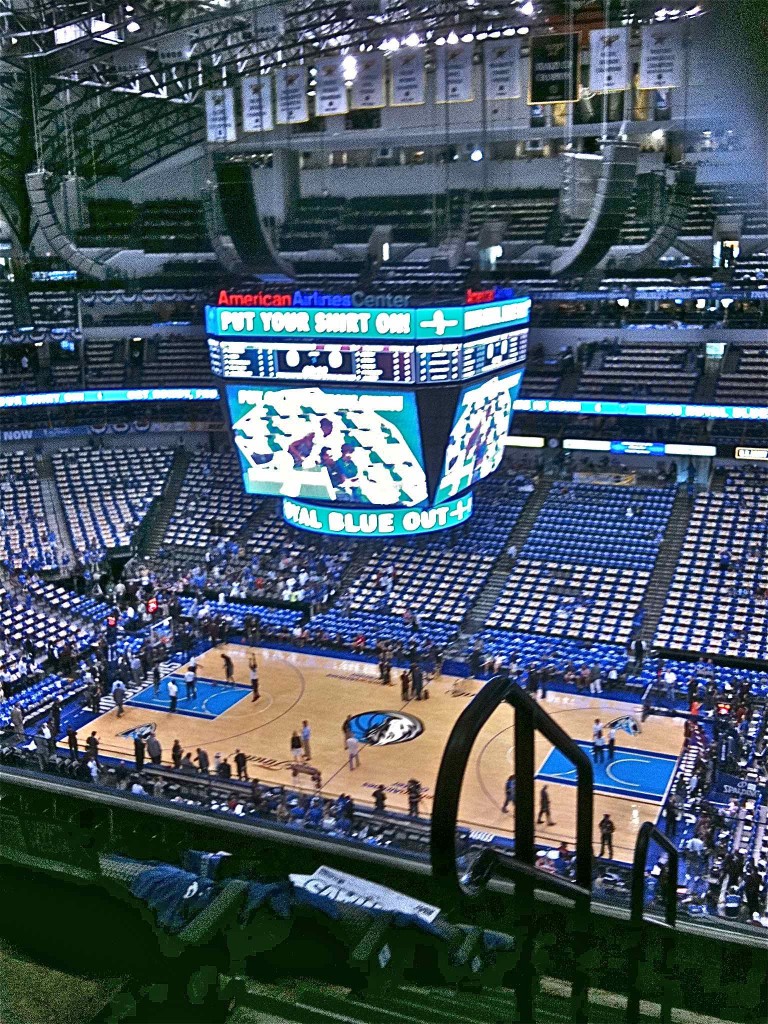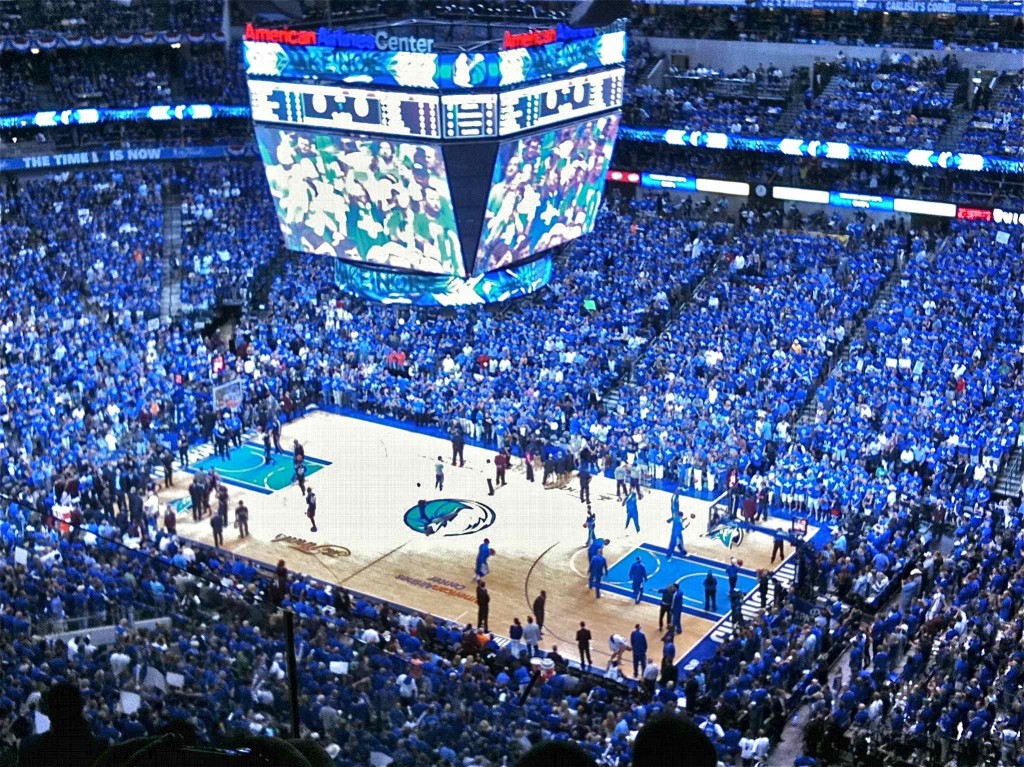We had a blast at the Stars game. It reminded me of some ideas I’ve had simmering for a while about how to make a great sport even better.
Determine the standings by win-loss record rather than points. Except for some soccer matches, every pro sporting event ends with one winner and one loser. That’s the main goal of the event, to pit two players or teams against each other and see which one emerges victorious that day. The team with the most wins is ranked first, the team with the second-most is ranked second, and so on.
But hockey is different, using a point system instead to determine the standings and the playoff seeds. Any victory nets the team two points. A loss in regulation nets the team zero points. The weird thing is a loss in overtime, which nets the team one point. It’s like a consolation prize. Say two teams each have 20 wins and 20 losses, but Team A’s losses came in regulation while Team B’s came in overtime. Team B’s 60 points would be way ahead of Team A’s 40 points. Put another way, a win is just as valuable as two overtime losses. Such foolishness should not be. This isn’t Little League where we want everyone to feel like a winner. Don’t reward professional athletes for losing just because they took more than 60 minutes to do it.
Bonus trivia: the current system, believe it or not, is actually an improvement. Until a few years ago, the league allowed ties, which netted each team one point. A team could have a record of 5-1-4-3. Two more and you would’ve had a set of lottery numbers.
End a power play after any goal, power-play or shorthanded. When a player receives a penalty, his team generally plays one man short for the duration of the penalty, usually two minutes. This time is known as a power play for the other team. The power-play team focuses on offense, the shorthanded team on defense. If the power-play team scores, the power play ends, and the penalized player gets to return to the ice.
On rare occasions, the shorthanded team manages to score anyway. That’s such a middle-finger achievement that it should end the power play immediately and get their guy out of the penalty box. This change would make power plays even more interesting by giving both sides incentive to work on offense where possible and also increasing the odds that a goal will occur.
Free the goalie to play anywhere. Current rules restrict the goalie from playing the puck outside the crease or the trapezoid behind the net. The trapezoid appeared a few years ago, partly to restrict the style of play used by one of my favorite goalies, former Dallas Star Marty Turco. He loved to play the puck and did so whenever practical until they fenced him in. He was effectively a third defensemen as well as a goalie. You never knew what he was going to do, and Jenny and I loved watching him play.
One of the best plays I’ve ever seen got Turco a rare assist. He left the crease to play an errant puck in his own zone right at the end of the opponent’s power play. He saw his teammate step out of the penalty box, had an open lane to him, and passed it. All the other team’s players were elsewhere, so the newly freed Star had a one-on-one shot and made it. The arena went nuts.
I say let the goalie play the puck wherever he wants. When he’s outside the crease, treat him like any other player, with full puck privileges and no special protection.
What do you think? Any other ideas?





